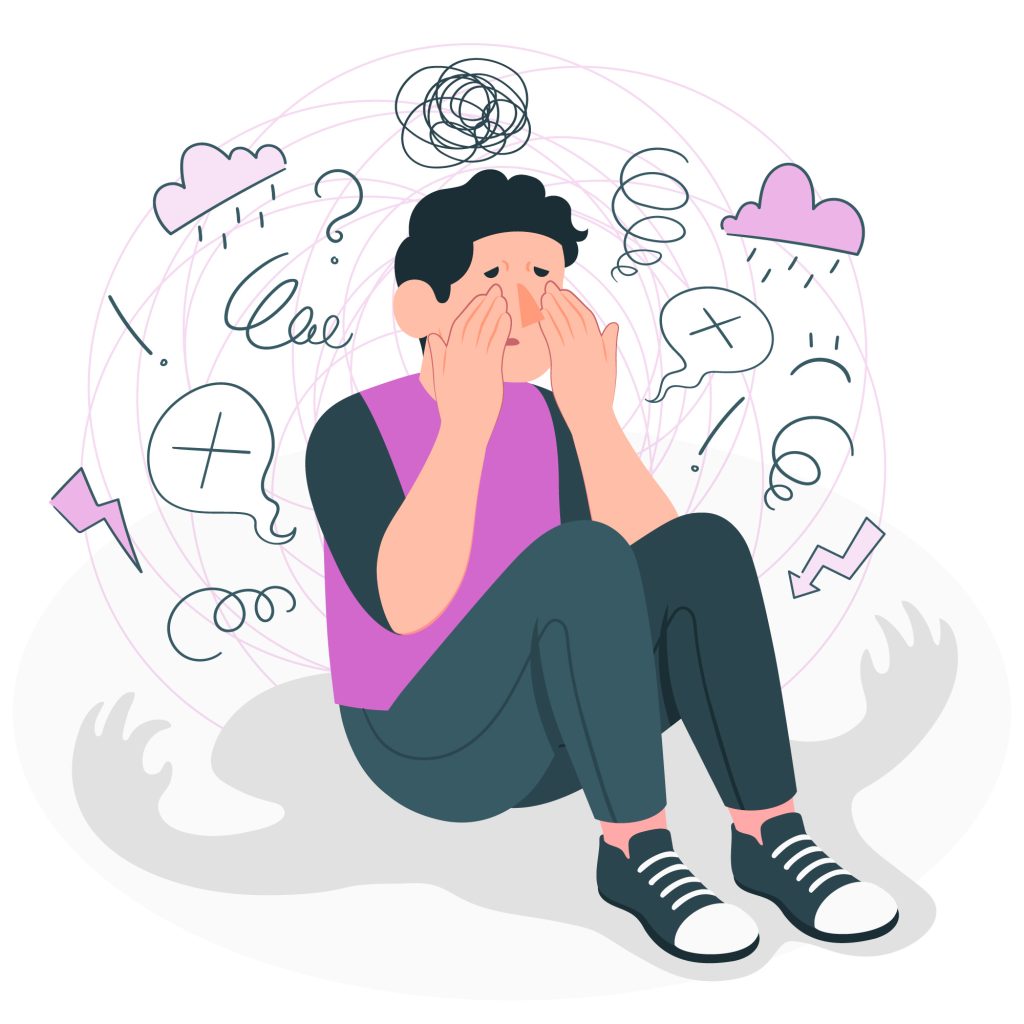Depression Relief Program
We have heard of the depression treatment therapy conducted on an (OPD) outpatient basis. And while that is the most common method of treating depression and other mental health issues, some people do not find the outpatient treatments relieving. If the patient has reached a point where their mental health has started to interfere with their work, relationships, and overall ability to function, then that’s a sign they need in-patient care.
This is especially important for those who experience depression with substance abuse. To people dealing with depression, drug and alcohol consumption seem the easiest way to get rid of this mental stress. While that may look like a temporary solution to depression, it can turn into serious drug use disorder before you know it.

What is Depression Relief Program at Grace Wellness?
A depression relief program typically involves a combination of therapeutic interventions and strategies aimed at alleviating the symptoms of depression, improving overall well-being, and promoting long-term mental health. While specific program details may vary, here are some common components and highlights of depression relief program
It’s important to note that the specific program components and approaches may vary based on individual needs, the severity of depression and available resources.
- Comprehensive assessment: A thorough assessment is conducted to evaluate the severity and nature of the individual’s depression symptoms. This assessment helps in developing an individualized treatment plan tailored to their specific needs.
- Supportive counseling: Individual counseling sessions provide a safe and supportive environment for individuals to express their feelings, gain insights into their experiences, and develop strategies to cope with depression. These sessions focus on building resilience, improving self-esteem, and exploring strategies for self-care.
- Psychoeducation: Education about depression is an essential component of the program. Individuals learn about the causes, symptoms, and risk factors associated with depression. They also gain knowledge about available treatment options, self-help strategies, and resources for ongoing support.
- Aftercare and relapse prevention: An effective depression relief program includes planning for aftercare to support individuals in maintaining their progress after the program ends. This may involve providing access to ongoing therapy, support groups, and resources in the community.
- Depression relief programs often take a holistic approach, addressing not only the symptoms of depression but also the underlying causes and contributing factors.
- Depression relief programs commonly utilize evidence-based therapies, such as cognitive-behavioral therapy (CBT), interpersonal therapy (IPT) or psychodynamic therapy.
- A comprehensive depression relief program includes aftercare support to assist individuals as they transition back to their daily lives.
